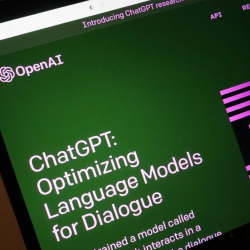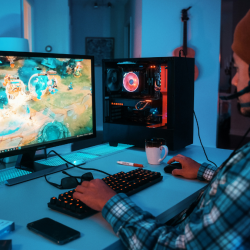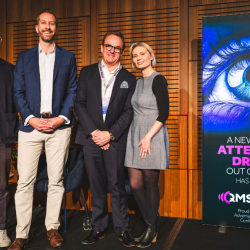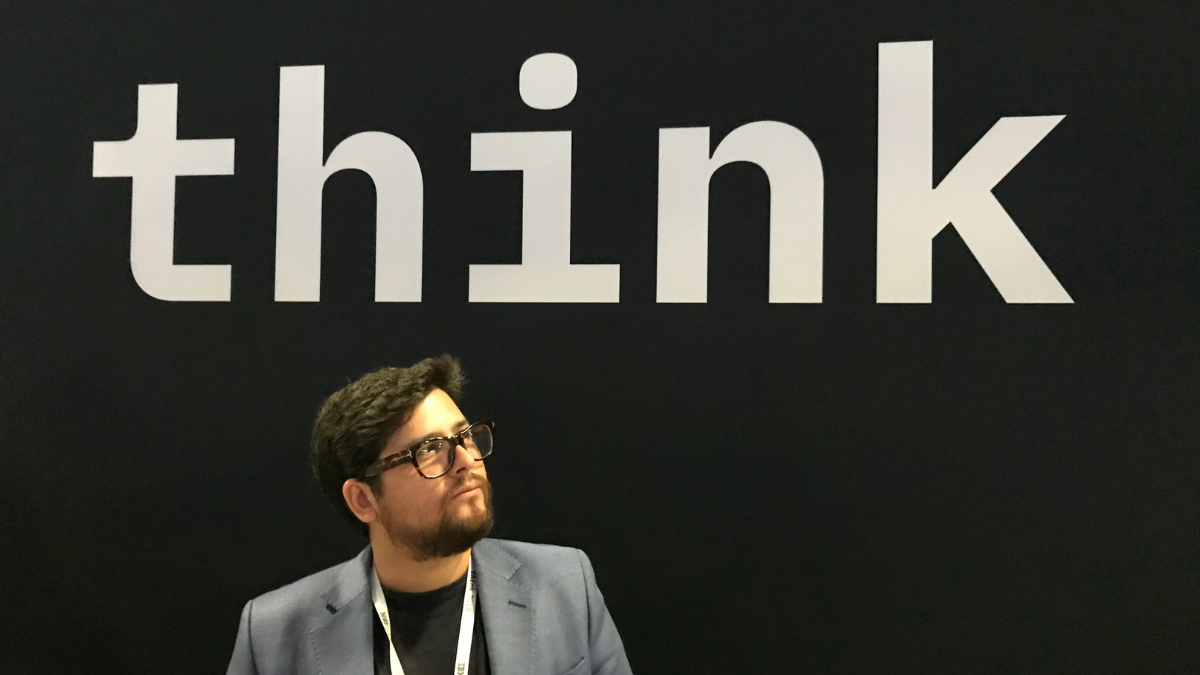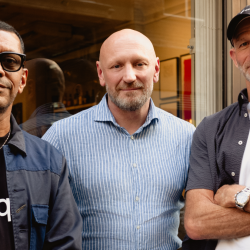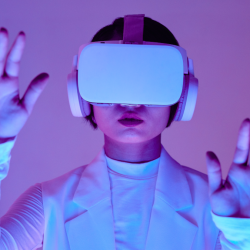To go with our January theme at the magazine, namely, ‘The Year Of AI’ we decided to ask a few clever people in our network an AI question. As ever, they responded with lots of wisdom. Read on…
Katya Moskalenko — product marketing expert
Embracing (and investing in) AI is no longer a choice but a necessity for businesses to stay relevant, competitive and seeking more than mere survival. Brands that snooze on AI might miss the chance to offer innovative products, build meaningful connections with customers, and optimize their operations. In today’s world, brands implementing AI gain a significant advantage. They can navigate market shifts, make decisions on the fly, and deliver solutions that people actually want. A recent example is Photoroom, a B2B French photo editing startup, which reported a doubling of both its revenue and user base in the past six months, following the implementation of generative AI in February.
Much like electricity in the late 19th century birthed innovations such as light bulbs and electric motors, AI is set to revolutionize industries and change our daily lives. With applications ranging from predictive analytics and natural language processing to the development of autonomous vehicles and breakthroughs in molecular biology and drug discovery, the impact of AI is set to be profound and far-reaching.
Matt Rhodes — Chief Strategy Officer at House 337
There’s a risk of putting AI in the category of the metaverse or VR. Interesting and impactful, but not relevant. AI is different. It has experienced rapid consumer take-up, and is being used by many more people, without them realising. It’s a change more akin to the mobile phone than the metaverse.
Businesses are exploring use cases and implementation considerations, but the biggest impact will come from real people using it in new ways, for things we can’t imagine. To not invest in this would be foolhardy for any business. How are you encouraging your own employees to experiment? What guidelines are you setting? How will you protect your brand reputation, or build new products and services?
All brands should invest at least time in preparing actively for the impact AI will have. Only by doing this will they really understand if or how it will impact them.
Victoria Gerstman — Semiotician and cultural insight expert
In a word: yes. The usefulness of current AI capabilities will be different for different brands, but it would be a mistake for brands to opt out without at least exploring their options. I say ‘current capabilities’ because the uses (and misuses) of artificial intelligence are developing all the time.
For brands who don’t at least start to consider what AI could do for them, it will become increasingly difficult to catch up. An AI is only as useful as its inputs, so brands might also find that, by developing custom tools using proprietary data, they are able to unlock new potentials for AI. Finally, investing in AI gives a clearer picture of those tasks, roles, and responsibilities that absolutely need human oversight — allowing brands to future-proof via smart hiring.
Lea Karam — Consulting Director at Behave
AI can provide us with more tools to adapt and dissect things that otherwise can’t be from a mere human eye. Whilst AI continues to evolve it doesn’t replace human creativity, innovation, or traditional research. It complements it with nuances that were not possible to even identify before its growth and use. Marketers’ experience remains pivotal in crafting impactful strategies, and with more AI capabilities than ever we all now have way more tools at our disposal. Not leveraging, improving, and dissecting these tools and the wide opportunities that come from them implicates missing out on new consumer ecosystems that have more nuance, patterns of behaviour and consumer need states. Whilst other brands are slowly but surely learning and applying AI, in order to find and improve their understanding of exactly that. Take the recent improvements to audience segmentation through Predictive AI; an extremely strong and growing form of AI that all brands should embrace to better predict behaviours. The abundance of digital content for instance, that can now be analysed at scale, gives brands newfound behavioural signals and guides to psychographic archetypes in milliseconds, beyond demographics and broad factors, painting a strong picture of unique communities and their sentiment. Leveraging this data is the catalyst to finding truer drivers of consumer experience and combined with human diligence, aiding in unearthing what people really want. (Going beyond what they tell you they want, which is often overpredicted or underpredicted.)
Mike Fantis — VP Managing Partner at DAC
Yes brands will fall behind…. but in time. I think that brands are still getting to grips with the capacity of AI and how to integrate this across the business, so it might not be a disaster in 2024 (if a brand doesn’t invest in AI). However, I think it will have a cumulative impact on brands over a longer period. If we associate AI with increased speed of output, then the cumulative gaps between those brands not investing in AI versus brands already adopting AI in specific areas will grow over time, and once that significant gap has been created it may not be possible to close. By the time the competition has caught up, the brand will have moves to optimising and improving other areas of the business that will help maintain the gap. Well, that has to be the idea for progressive brands.
Alice Pukhova — Creative Research at WMH&I
We are in the midst of a paradigm shift, and treating AI as just another convenient tool or a passing trend is dangerous. The brand graveyard is strewn with those who remained complacent in this digital age. Blockbuster entirely missed the streaming revolution. BlackBerry fell behind by disregarding the shift towards touchscreens, and Borders fumbled the transition to e-reading. However, merely buying a Chat GPT 4.0 subscription or launching gimmicky AI ad campaigns won’t suffice.
To stay ahead, brands must get ahead and integrate AI into the core of their business practices. The future timeline of AI’s evolution is unpredictable, meaning brands need to start acting now. Otherwise, brands risk becoming latecomers in a race where the leaders are already miles ahead. And in this race, there is no patience for those playing catch-up.
Mike Chivers — Creative Director at The PHA Group
Yes, but strategic investment in AI demands more than financial resources. It requires a focus on time and knowledge for a profound understanding. While AI can elevate a brand’s competitiveness, it is not a universal remedy, necessitating careful consideration. Brands should meticulously assess objectives, weighing potential AI benefits tailored to their unique context.
AI revolutionizes efficiency, but poses complexities in determining its role in various aspects, exemplified in curating AI-driven creativity — a delicate balance between novelty and functionality. The popularity of AI-generated content prompts reflections on its longevity, possibly giving way to a preference for authentic experiences amid discontent with hyper-realistic content. Brands must grasp AI intricacies, emphasizing time investment over money, discerning when and how to integrate it effectively into the creative process — a process that we know thrives when guided by human ingenuity.
Featured image: ThisIsEngineering / Pexels
